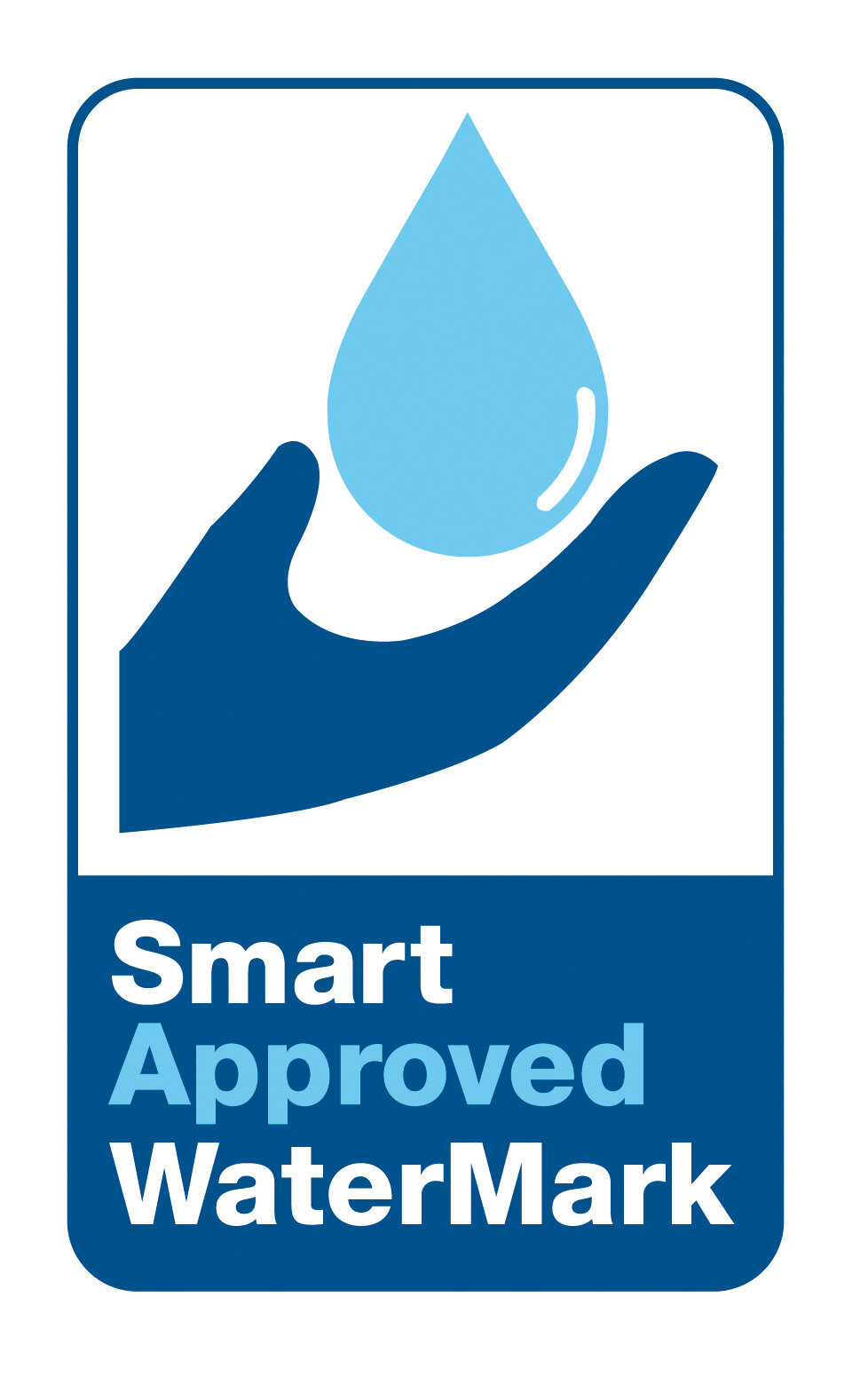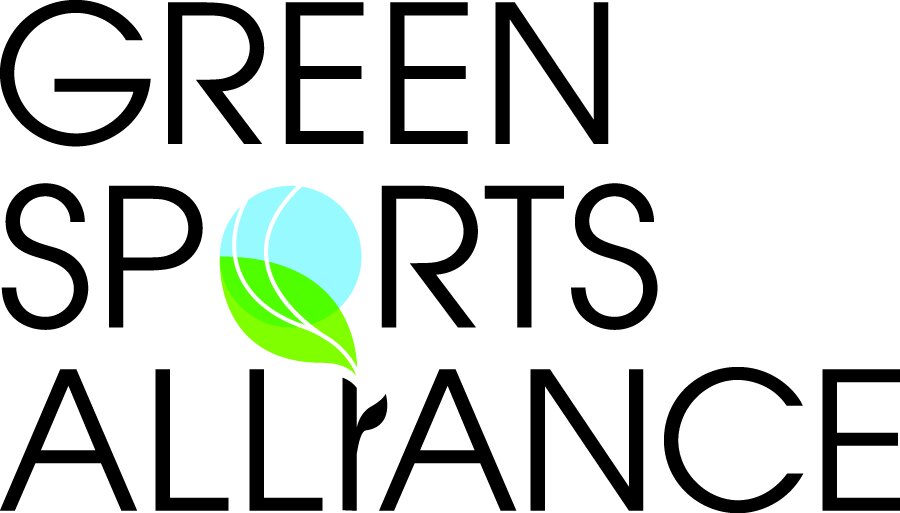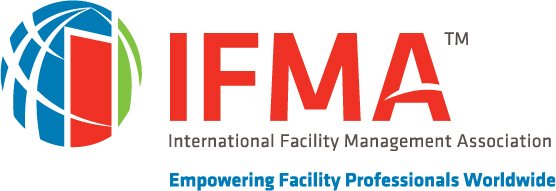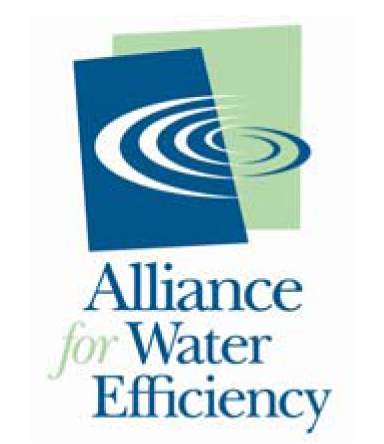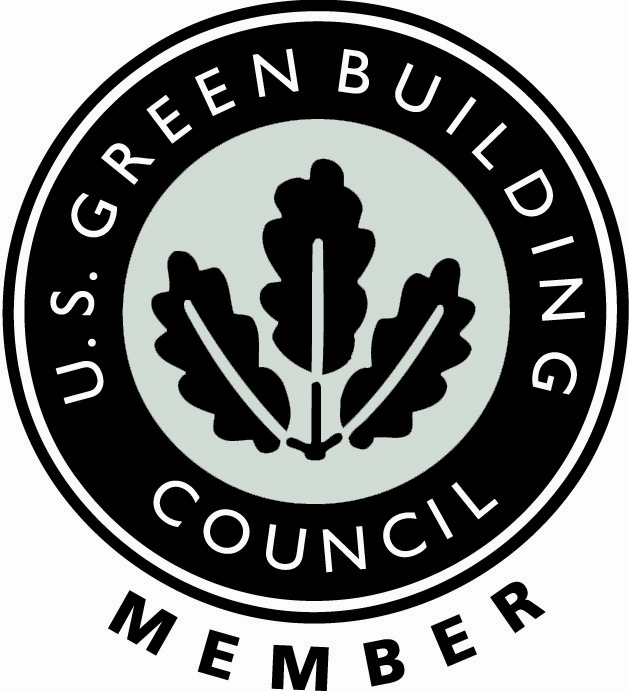After months of effort, Cape Town, South Africa has an unexpected victory.
Day Zero, the day when Cape Town would run out of water entirely, has been pushed forward from sometime this year to sometime in 2019.
This gives residents hope that they will have more rainfall in coming months to fill dry water storage areas and refill near-empty aquafers.
“Today, residents of Cape Town feel like they were guinea pigs,” says Klaus Reichardt, CEO, and founder of Waterless Co., makers of no-water urinals. “This water situation was thrust upon them and they had no one but themselves to address the challenge.”
And they have. Today, residents are using nearly 50 percent less water than they were in 2015 and this is expected to go higher.
Because they have been so successful, and because the United Nations predicts two-thirds of the world’s population will be facing daily water shortage by 2025, water experts from around the world are now turning to Cape Town to see how residents made this happen.
Here is what they are finding:
· Residents were bombarded with media campaigns indicating Day Zero was soon to come. While the campaign was criticized, all agree it worked.
· Virtually every public restroom in Cape Town now has water-saving aerators installed; hand sanitizers to use instead of hand washing; high-performance toilets, and waterless urinals.
· Most all restaurants use disposable utensils and cardboard chinaware to eliminate dishwashing; pasta dishes are rarely cooked because they require too much water, and vegetables can be steamed, never boiled, because less water is necessary.
· Small children bathe in outdoor buckets; excess water is used to irrigate gardens; bath plugs have been removed in residential and hotel bathtubs to discourage bathing.
· The very rich purchase water from abroad and have built their own storage tanks. This step benefited all of Cape Town because it took them off the water “grid.”
“We should also note that driving a dirty car is now viewed as a badge of honor,” says Reichardt. “At one time, the one thing people would not give up was washing their car.”




